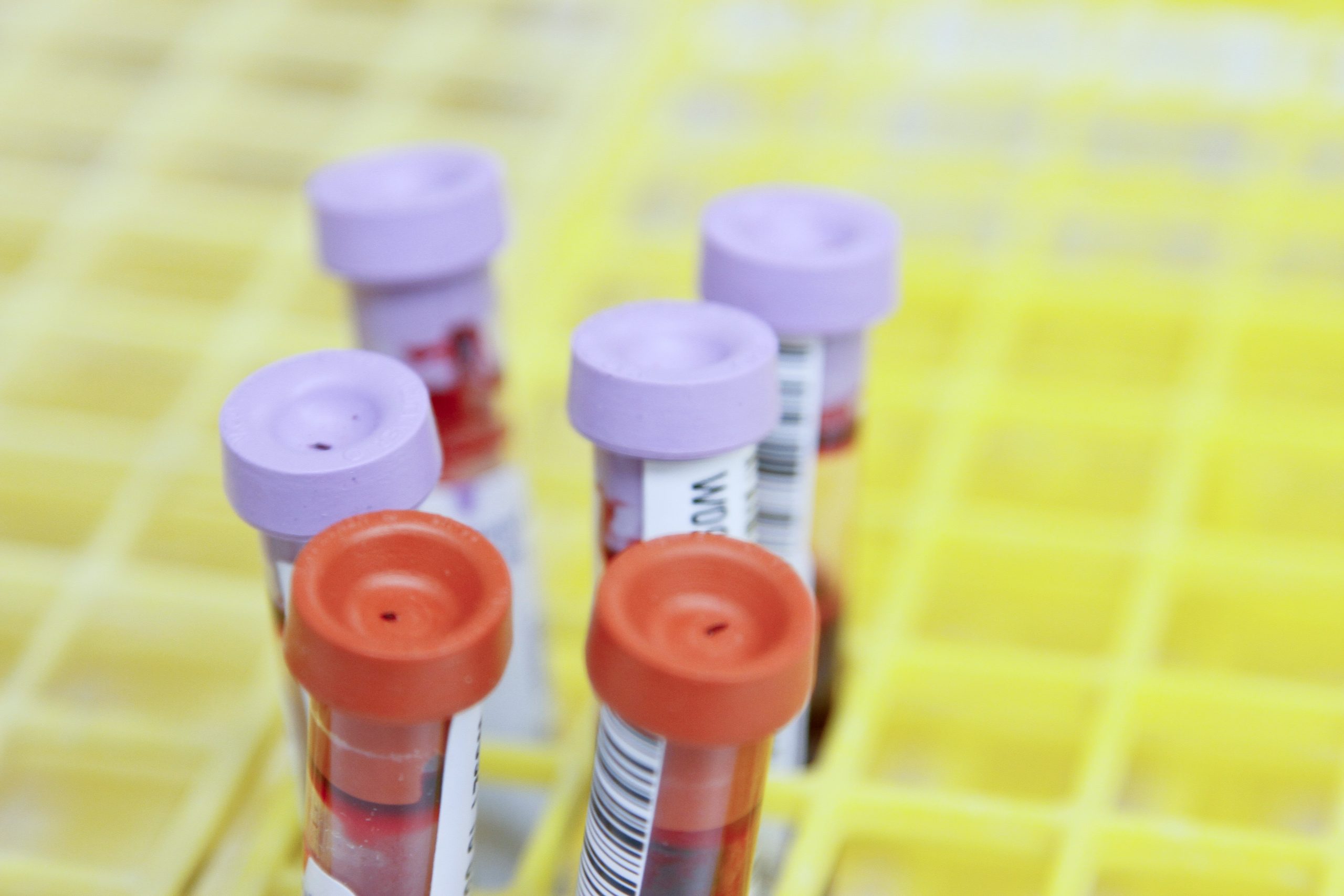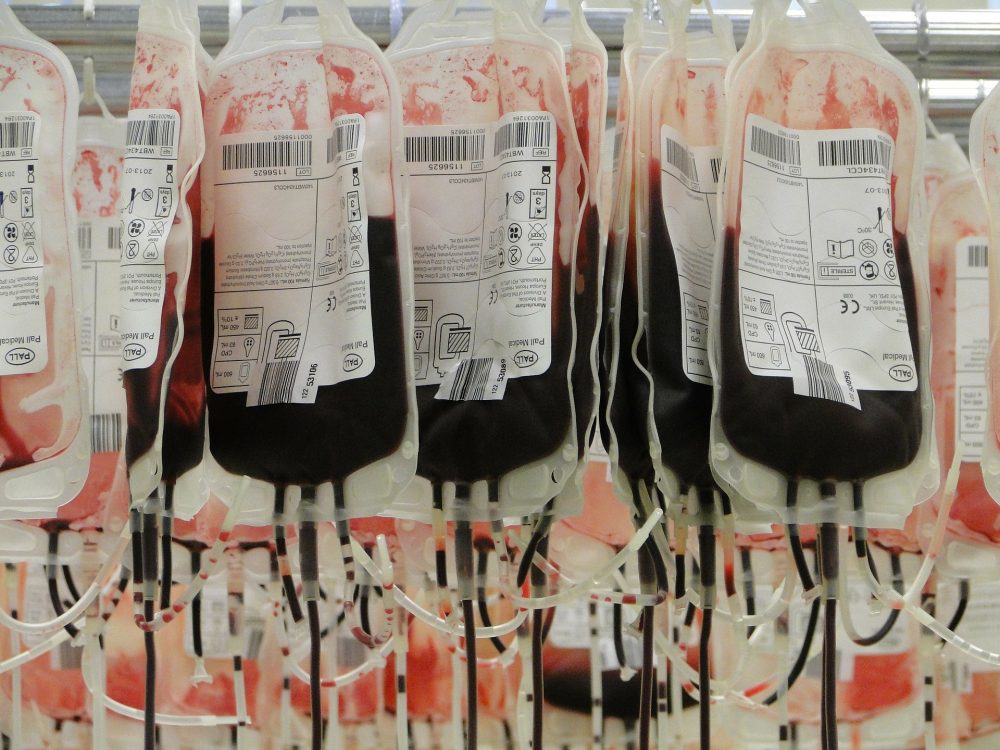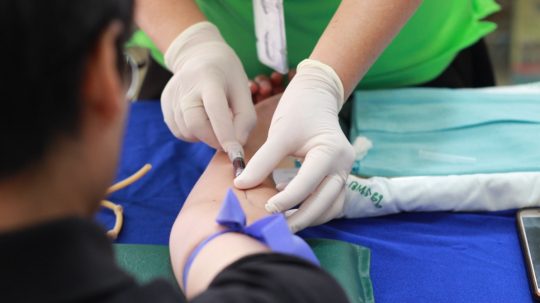People who became ill after they were treated by the NHS with infected blood will give evidence to an inquiry this month. An estimated 30,000 people in the UK were infected with hepatitis C, hepatitis B or HIV after they were treated with ‘contaminated’ blood in hospitals in the 1970s and 1980s. Many died or became seriously ill.
Parents of children infected and victims from minority ethnic groups are among those invited to give evidence to the Infected Blood Inquiry this month. The statutory inquiry, which examines the circumstances in which people were given infected blood by the NHS, was set up in 2017 under chair Sir Robert Langstaff.
One witness due to give evidence this month contracted hepatitis C following a blood transfusion during a hysterectomy in the 1980s. In a written evidence statement, she said that the experience was “harrowing” and had significantly impacted her life and health.
“I was not sure if my life was going to be shortened; as a mother and the main breadwinner of the family the thought of leaving my family early, and in financial difficulty was a very scary prospect,” she said.
Compensation and human rights
At least 2,400 people are known to have died after being infected with HIV or hepatitis C from the contaminated blood products. Under the Human Rights Act 1998, the state has a duty to safeguard people’s right to life. In 2008, the Scottish courts ruled that the lord advocate and Scottish ministers violated the right to life of two people who died of hepatitis C after they were infected through blood transfusions because they did not hold public inquiries into their deaths.
Last month, the government announced it would pay 4,000 victims in England an interim compensation payment of £100,000 each by the end of October. The government committed to making the same payments in Scotland, Wales and Northern Ireland, where health is a devolved matter, but has not outlined a time frame. The compensation follows a recommendation made by Sir Brian Langstaff in the interim report from the inquiry, published in July.
The recommendation follows the framework for compensation, written by Sir Robert Francis, a lawyer appointed by the government. Sir Robert suggested that compensation could be made on the grounds that infection violated victims’ right to a family life and right to informed consent, where patients must be given appropriate information about treatment. Victims have said infection impacted their relationship prospects, chances to have children and personal autonomy. Many said they did not give their informed consent to the risk of infection, and later had their blood taken without their knowledge.
Sir Robert said: “It is clear even from the limited contact I have had with the infected that many sincerely believe they have not been in control of what has happened to their own bodies or indeed their own destinies.”
Kate Burt, chief executive of the Haemophilia Society, which works with many victims who were infected because of blood transfusions during their haemophilia treatment, said: “This is the first time a UK government has paid compensation for infection and suffering caused by the contaminated blood scandal. While welcoming this news, there is still a long way to go in ensuring that all those who have endured devastating loss and suffering – such as bereaved parents and children – are recognised and compensated.
“Steps must be taken now to set up a workable scheme which can deliver full compensation quickly and fairly.”
The inquiry will take evidence in public hearings from 12 September.





